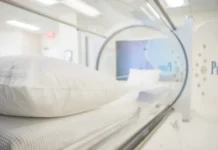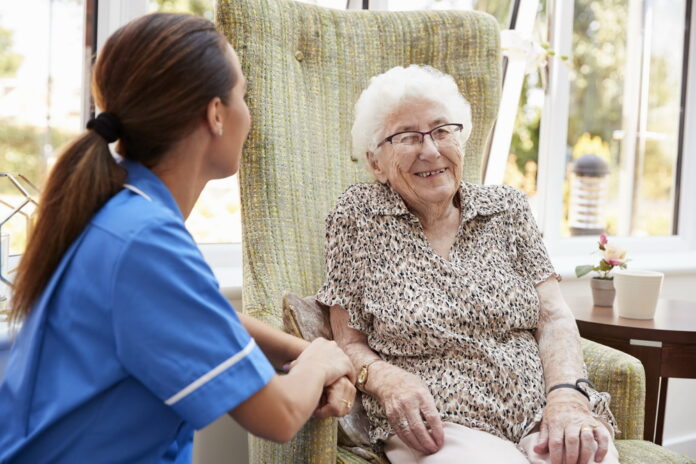
It was 1989 when a company known as LifeCall began marketing a medical alert system with commercials featuring an elderly lady who had fallen and was unable to get up.
Unfortunately for both the company and the actress, the commercial became the butt of far too many jokes. But know this: medical alert systems are no laughing matter. Learn more about medical alert devices on Aging In Place’s review of the best medical alert systems of 2024.
The Need Is Very Real
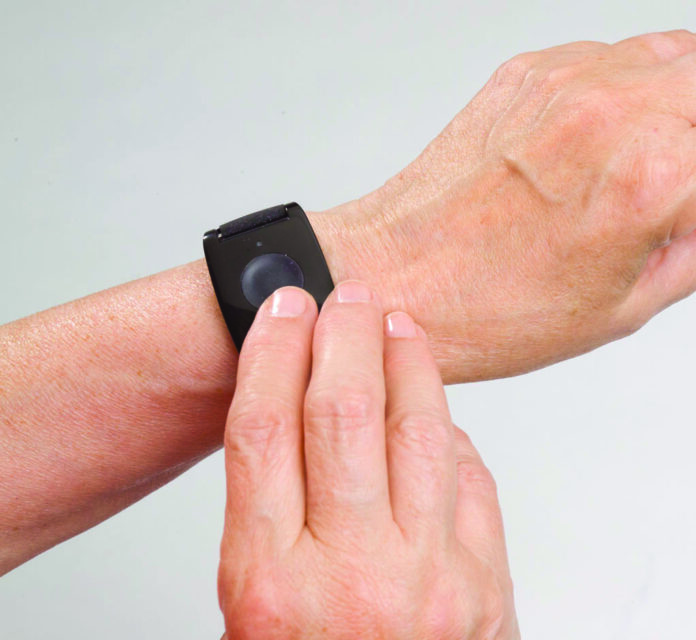
The need for medical alert monitoring is legitimate. Given that seniors are living longer and preferring to stay in their own homes, being able to help them in emergency situations shouldn’t even be a question. It should be non-negotiable. That’s where medical alert systems come into play.
According to the CDC, falls are the leading cause of injuries and fatalities among the elderly. Moreover, most of the falls that seniors experience occurs at home. Those falls account for some interesting statistics:
- 25% of all senior hospital admissions are the result of falls
- 40% of all senior nursing home admissions occur after falls
- 40% of those admitted never live independently again
- 25% of those admitted die within one year.
According to Vivint a company that has detailed the need for medical alert systems for seniors, the key to preventing a fall from becoming life-threatening is a quick response. The quicker a fallen senior can get help, the better the chances of a full and complete recovery. By the same token, the chances of a fall leading to serious consequences increase with every minute the victim doesn’t get help.
How Medical Alert Systems Work
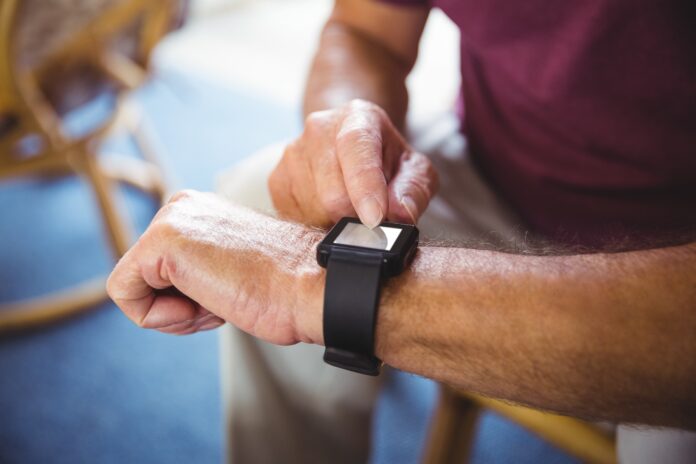
The beauty of the medical alert system is its simplicity. It is based on the fundamental principle of calling for help with very little effort. Most systems equip consumers with either a bracelet or pendant worn around the neck. This bracelet or pendant has a button.
In the event of a medical emergency, the consumer merely pushes the button. Some models require the button to be held for a couple of seconds. This prevents false alarms. At any rate, activating the bracelet or pendant triggers an alarm at a remote monitoring center. The first step is complete.
Next, monitoring personnel attempt to contact the person via a two-way audio system built-in to their wireless security hub. Should contact be successful, the monitoring professional will attempt to determine what’s happening. If a legitimate emergency exists, they will notify the authorities right away.
In the event monitoring personnel cannot make contact with the consumer, emergency services are automatically dispatched. That extra benefit can be lifesaving in the event a senior is injured severely enough that they are only capable of pushing a button.
Living Alone More Safely
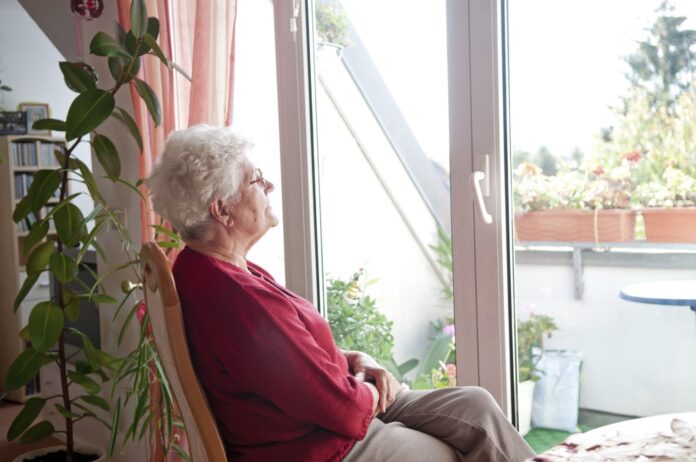
As to who benefits from medical alert systems, let’s start with seniors who want to maintain independent living for as long as possible. A medical alert system means living alone more safely. Seniors do not have to constantly worry about health emergencies that could leave them in serious trouble because no one is around to help.
Just this one service can make the difference between staying in one’s home and having to move elsewhere. And if you have ever had to move an elderly relative out of the family home, you know how difficult that can be. Anything you can do to let that person remain in the family home is a tremendous help.
Offering Children Peace of Mind

Seniors are not the only ones who benefit from medical alert systems. Their kids do, too. A medical alert system represents peace of mind to adult children who tend to worry about their parents’ health. Moreover, this peace of mind is applicable no matter what a senior’s living arrangements are.
You have already considered seniors who want to stay in their homes as long as possible. But what about those who agree to move in with family members? They still might be alone during the day. Their adult children are off to work while the grandkids are in school. What happens if they experience a medical emergency during that time?
A medical alert system mitigates the need to constantly call home. Adult children do not need to check in on their parents and parents do not have to be left feeling as though the kids are constantly looking over their shoulders. It is a win-win for everyone.
Any Type of Chronic Illness

Most of this post has focused on elderly seniors and their health emergencies. But truth be told, medical alert systems are applicable to anyone who is prone to health problems. Any family member with a chronic illness subject to emergencies that could be life-threatening is well served with a medical alert pendant.
A case in point is a family member with some sort of cardiovascular disease. That family member might be at high risk for a heart attack. He is home all day while the rest of the family is out doing their thing. While he may not be at risk for falling, his risk of cardiac arrest is very real. Should he suffer a heart attack, he may not have the strength to get to the phone. He should be able to push his medical alert button.
Many Different Options
Perhaps the most important thing of all is that medical alert systems are available in different options. There are independent systems that provide medical monitoring only. Then there are other systems incorporated into complete home security systems. It is really up to the consumer to decide on the best set up.
Despite being the butt of far too many jokes, medical alert systems are life-saving devices. If you or someone you love is subject to potentially life-threatening medical emergencies, consider investing in medical alert monitoring. It could be the best decision you ever made.



